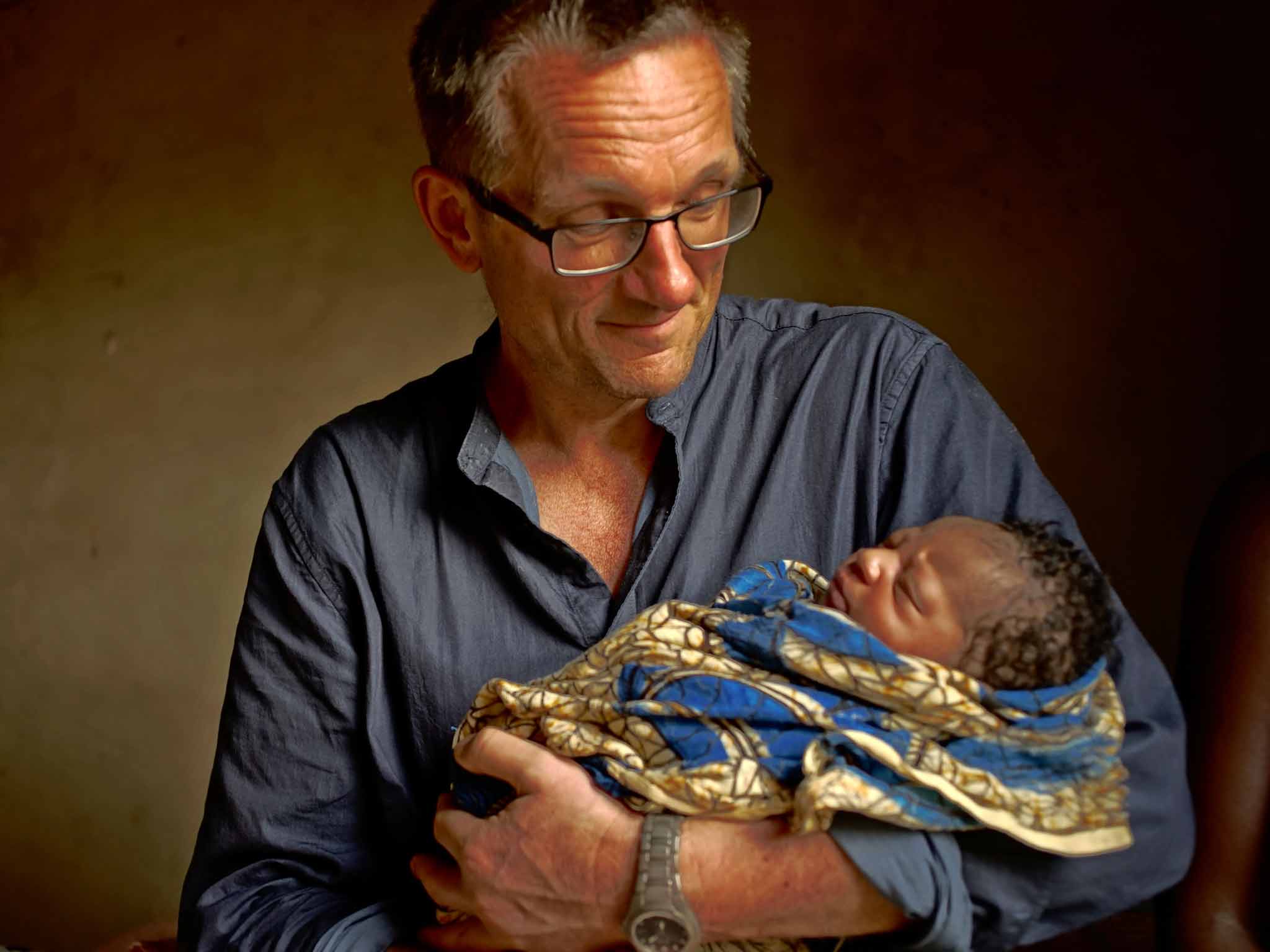Countdown to Life: The Extraordinary Making of You, BBC2 - TV review: Mesmerising take on the miracle of life shows the BBC at its best
Every case study was mesmerising and presenter Michael Mosley was both charming and compelling

Your support helps us to tell the story
From reproductive rights to climate change to Big Tech, The Independent is on the ground when the story is developing. Whether it's investigating the financials of Elon Musk's pro-Trump PAC or producing our latest documentary, 'The A Word', which shines a light on the American women fighting for reproductive rights, we know how important it is to parse out the facts from the messaging.
At such a critical moment in US history, we need reporters on the ground. Your donation allows us to keep sending journalists to speak to both sides of the story.
The Independent is trusted by Americans across the entire political spectrum. And unlike many other quality news outlets, we choose not to lock Americans out of our reporting and analysis with paywalls. We believe quality journalism should be available to everyone, paid for by those who can afford it.
Your support makes all the difference.Just 21 days after you were conceived, the flat, round embryo that went on to become the person you are today started to fold over.
The place where the two edges came together formed your spinal cord, and your heart – no bigger than a grain of sand – began to beat. This is just some of the fascinating information I gleaned from the first part of BBC2's Countdown to Life: the Extraordinary Making of You.
Part one of three took us through the first eight weeks after conception – a time, as presenter Michael Mosley pointed out, when some women may not realise they are pregnant. Yet while there may be no obvious external signs, inside the body hundreds of changes and processes that could determine the rest of our lives are already under way.
Take identical quads Holly, Jessica, Georgie and Ellie, who were the result of a 64-million-to one chance. Their single egg divided to create four genetically identical sisters – a process that happened just five days after conception.
We met Randy, whose life changed for ever just 19 days after he was conceived. All of his organs are on the wrong sides – he is a perfect mirror image of most human beings. This was because of some tiny hairline structures called cilia that come to life on day 19, spinning clockwise to create a leftward current to activate genes that will tell the organs where to go.
In Randy's case, his cilia didn't spin and the genes that should have been activated on the left were switched on on the right. And for Brazil's De Silva family, a quirk relating to the delightfully named sonic hedgehog protein, has resulted in 14 of the family's 26 members having six digits on each hand.
Every case study was mesmerising. Mosley was both charming and compelling. He described a body scan as "a work of art", and when he heard the heartbeat of an unborn child at five weeks, he seemed even more excited than the expectant parents.
If ever there was a man who loves his job, this was he. And if ever there was a time to rally against proposed cuts to the BBC, it's on the strength of programmes like this that the battle should be fought.
Join our commenting forum
Join thought-provoking conversations, follow other Independent readers and see their replies
Comments